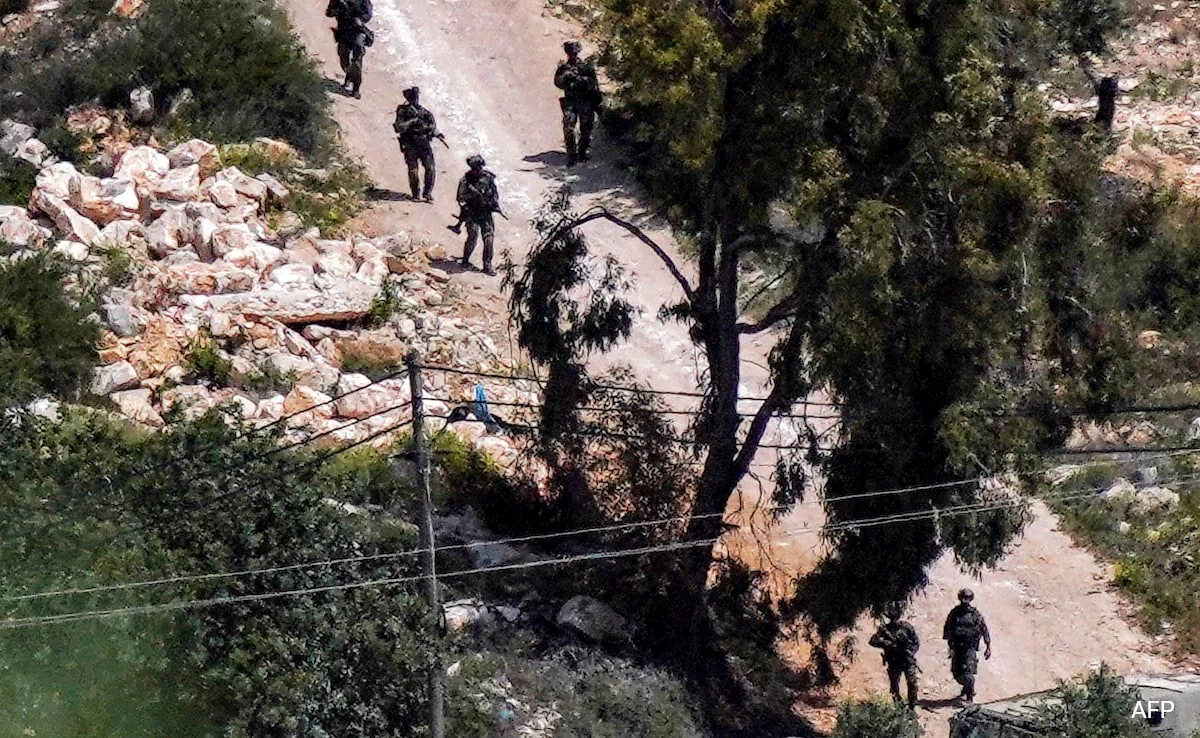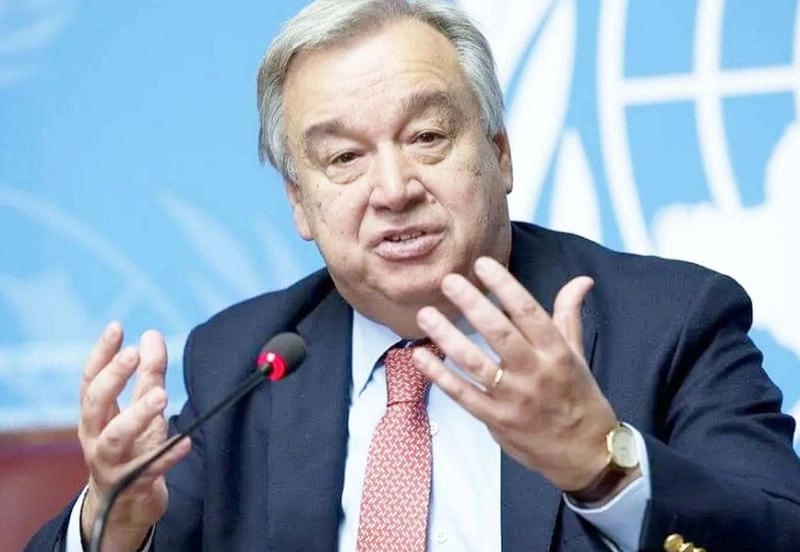The situation in Gaza has escalated significantly, with reports indicating that Israel has gained control over one-third of the territory amid ongoing military operations. This development marks a pivotal moment in the conflict, as military engagement intensifies and the humanitarian implications deepen. The Israeli Defense Forces (IDF) have stated that their operations are aimed at dismantling the capabilities of militant groups operating within Gaza, particularly in response to escalated hostilities that have threatened Israel’s security. The complexities of urban warfare and the challenges of navigating a densely populated area present significant obstacles for both military operations and humanitarian efforts.
As Israel solidifies its military presence in Gaza, concerns about the humanitarian situation are rising. The civilian population in the region faces dire conditions, with reports of significant casualties, displacement, and a lack of essential resources including food, water, and medical supplies. International organizations have urged for the protection of civilians and the establishment of humanitarian corridors to facilitate the delivery of aid. The ongoing conflict raises pressing questions about the long-term implications for peace and stability in the region, as well as the prospects for a resolution to the Israeli-Palestinian conflict.
The geopolitical ramifications of this military engagement extend beyond the immediate region. Global leaders and international organizations are closely monitoring the situation, with calls for de-escalation and dialogue emerging from various quarters. The international community is grappling with how to address the humanitarian crisis while also considering the security concerns of Israel. As the situation evolves, the need for a balanced approach that prioritizes both security and humanitarian considerations becomes increasingly urgent. The unfolding events in Gaza will undoubtedly shape the future dynamics of the region and influence international relations for years to come.




